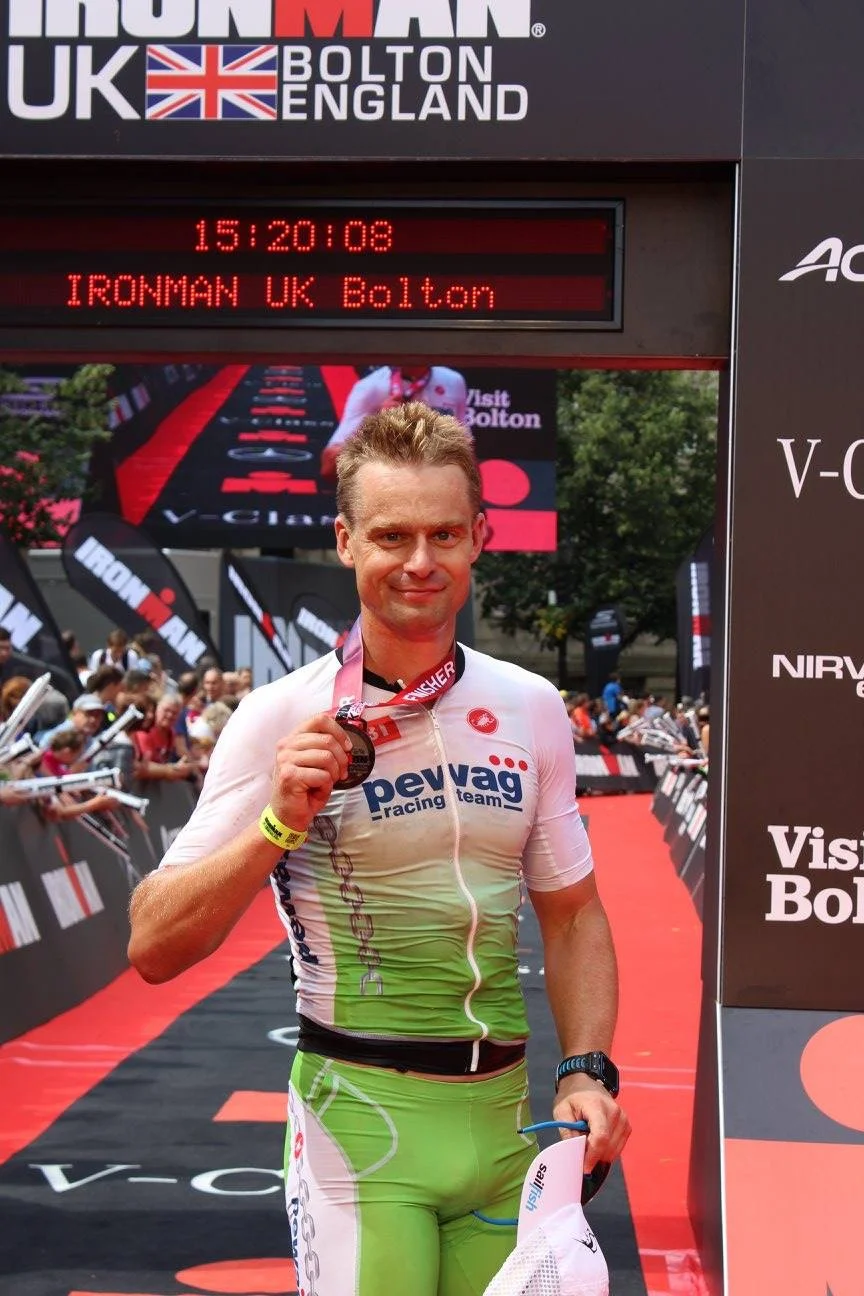Somebody racing as a full time professional triathlete is quite clearly not common amongst the general population, and so from time to time I am asked by those who are curious enough, to explain "how does that work?" when I mention what it is that I do with my time.
Ultimately there are a number of different pathways towards professional triathlon racing - nothing is set in stone, which makes for exciting opportunities at different points in life for people, depending on their own circumstances and lifestyle choices.
The Traditional Route
For me, I suppose it was a more traditional route - at least here in the UK anyway - which began as a junior athlete who was finishing school and embarking on my university studies. Representation for GBR at championships events across the world came my way through the National Federation 'system', which in turn supported me to simultaneously combine my University degree with many hours of swim, bike and run training. Ultimately I wasn't good enough at this format of 'draft - legal' or Olympic distance ITU racing to reach major events as a senior athlete and the Federation support (financial / medical / logistical) fell away.
The Non-Drafting Route
However, I still loved the sport and was keen to explore the concept of 'non drafting' or Ironman racing. This would mean braving the world of racing without the outside the 'support bubble' I had been fortunate to receive, but equally it would give me the freedom to choose whatever type of race I might want to do, rather than what I "had" to do as previously determined by the Federation and their qualifying criteria.
National Lottery Funding
These are two different pathways to racing, but both allow triathletes to race professionally and earn a living. In the UK athletes are very fortunate to access the much lauded National Lottery Funding and the associated support structures. However you have to be exceptionally good to reach this level, and of course to stay there year on year is no easy task either. When this funding disappears athletes can understandably struggle with how to move on and can at times be lost to sport at an elite/professional level because they simply can't continue to make ends meet.
Sponsorship
Nonetheless, racing the 'non drafting' Ironman circuit of events - as I have done for many years now - can provide all sorts of new opportunities to work with a host of different potential sponsors. These could either be brands from within the industry providing equipment sponsorship, or indeed non-endemic companies you have some association with (perhaps locally) who in turn can hopefully provide the financial support that was lost from the aforementioned Federation.
Essentially the long term goals of reaching the pinnacle of your event will remain. Previously that may have been the World ITU championships or even the Olympic Games, and now it has become Ironman Hawaii, for example. The only real difference is who you are representing when you get there. It will either be a national federation or likewise a group of personal sponsors who share your goals and agree to support your journey in whatever way they can.
If you're interested in sponsoring Fraser, just pop an email to us at info@physioremedies.com and we'll put you in touch with him.





